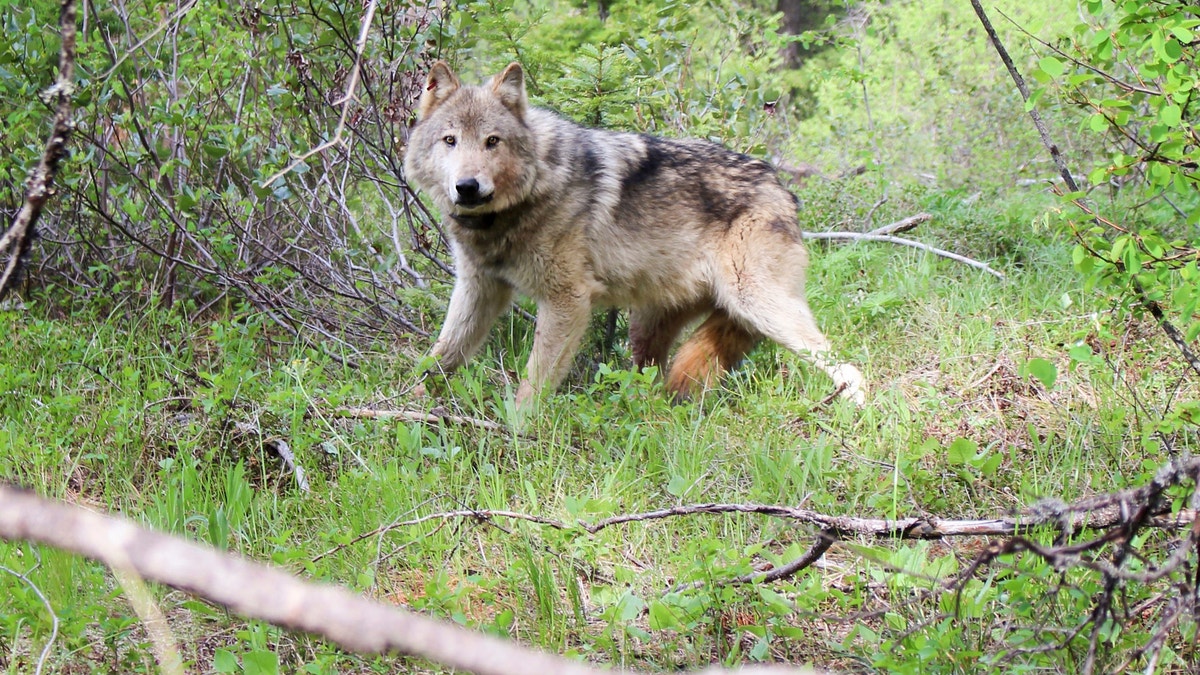Fox News Flash top headlines for August 9
Fox News Flash top headlines are here. Check out what's clicking on Foxnews.com.
Wildlife advocates sued federal officials Tuesday after the government missed a deadline to decide if protections for gray wolves should be restored across the northern U.S. Rocky Mountains, where Republican-led states have made it easier to kill the predators.
The Biden administration said in a preliminary finding last September that protections for wolves may need to be restored because increased hunting in Idaho and Montana posed a potential threat to wolves across the region.
A final determination was due June 1.
MONARCH BUTTERFLIES ARE OFFICIALLY ON THE ENDANGERED SPECIES LIST
The Humane Society of the United States and Center for Biological Diversity asked U.S. District Judge Donald Molloy in Montana to order federal officials to make a final decision.

Wildlife advocates are suing federal officials after they missed a deadline to decide if protections for wolves should be restored across the northern U.S. Rocky Mountains. Pictured: A wolf of the Teanaway Pack fitted with a radio collar in the Teanaway area of Washington's Central Cascades in Washington state. (Washington Department of Fish and Wildlife via AP, File)
U.S. Fish and Wildlife Service spokesperson Vanessa Kauffman declined comment on the lawsuit and said the agency's review was ongoing.
SHIPS MUST SLOW DOWN IN AN EFFORT TO SAVE WHALES: FEDERAL GOVERNMENT
Wolves were exterminated across most of the U.S. by the 1930s under government-sponsored poisoning and trapping campaigns. They were reintroduced from Canada into the northern U.S. Rockies in the 1990s.
Wilderness areas in Idaho, Montana and Wyoming have since become strongholds for wolf populations. That's helped fuel the species' expansion in recent years into portions of Oregon, Washington state and California.
Republicans governors in Idaho and Montana last year signed laws that expanded when, where and how wolves can be killed.
SOME ENDANGERED SPECIES BEGIN TO RECOVER, OTHERS DECLINE AS RESTORATION EFFORTS CONTINUE
That raised alarm among former wildlife officials who said increased hunting could cut wolf numbers to unsustainable levels.

